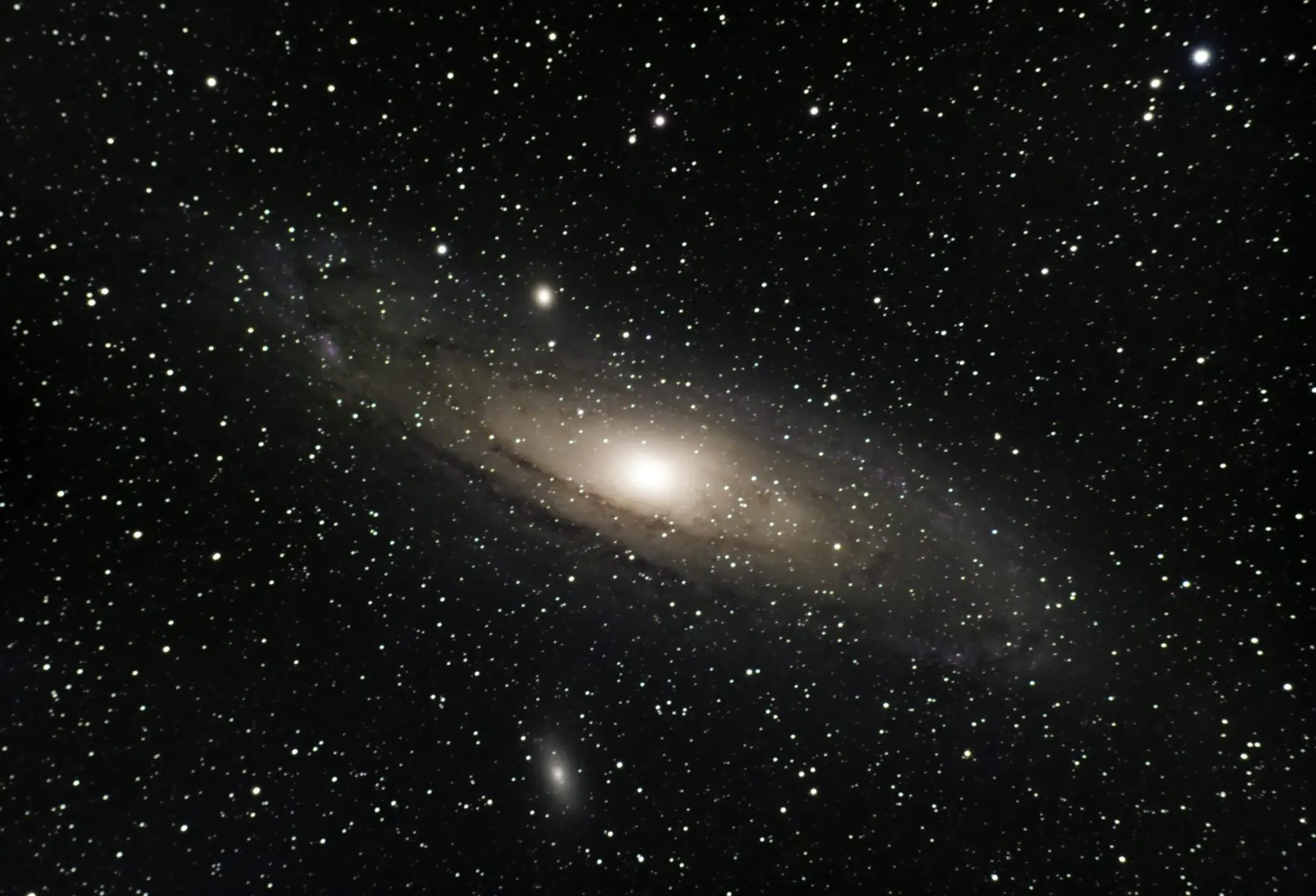Afterlife in Hinduism: Moksha and Rebirth Explored

Looking for more amazing products? Check out our online store and explore our collection here! Happy shopping!
Before diving in, please note: This post is for informational purposes only. If you’d like to know more about how we approach topics, feel free to check out our friendly Disclaimer Page.
Hey there, amazing readers! 
We’re committed to delivering quality posts, and your support (even just sticking around despite the ads) means everything to us. So, bear with us, and thanks for helping us keep the good vibes rolling. Now, on to the fun stuff!
TRANSLATE BUTTON AT THE END OF THE ARTICLE
Introduction to Hindu beliefs on afterlife
Hinduism, one of the oldest and most complex religions globally, offers profound insights into the concept of the afterlife.
Central to Hindu beliefs is the idea that life is a continuous cycle of birth, death, and rebirth known as samsara.
Within this cycle, the ultimate goal is to achieve liberation from the cycle of rebirth, known as Moksha.
Reincarnation plays a crucial role in Hindu afterlife beliefs, with the soul carrying forward the consequences of past actions, known as karma, from one life to the next.
Understanding these core concepts is essential to grasp the intricate tapestry of Hindu beliefs on the afterlife.
Understanding Moksha in Hinduism
Moksha, the ultimate goal of Hindu spiritual practices, represents liberation from the cycle of birth, death, and rebirth.
It is a state of enlightenment where the individual soul (atman) unites with the universal soul (Brahman).
Achieving Moksha signifies transcending the limitations of the material world and experiencing spiritual freedom.
In Hindu philosophy, Moksha is considered the highest form of salvation, where the soul is released from the cycle of samsara and attains eternal bliss.
The concept of rebirth in Hindu philosophy
Rebirth, or reincarnation, is a fundamental belief in Hinduism.
It is based on the idea that the soul is eternal and undergoes multiple births until it achieves Moksha.
The quality of each rebirth is determined by one’s karma, the accumulated actions and intentions from past lives.
Good karma leads to a favorable rebirth, while negative karma results in suffering or a lower form of existence.
Rebirth provides individuals with the opportunity to learn, grow, and progress spiritually through each life experience.
Paths to achieving Moksha
Hinduism recognizes various paths (margas) that individuals can follow to attain Moksha.
These paths cater to different temperaments and inclinations, allowing seekers to choose a method that resonates with their spiritual journey.
The four main paths to Moksha are:
Karma Yoga: The path of selfless action, where individuals perform their duties without attachment to the results.
Bhakti Yoga: The path of devotion, emphasizing love and devotion to a personal deity.
Jnana Yoga: The path of knowledge, involving self-inquiry and philosophical contemplation to realize the true nature of reality.
Raja Yoga: The path of meditation, focusing on mental discipline and concentration to achieve spiritual enlightenment.
Each path offers a unique approach to spiritual growth and self-realization, guiding individuals towards the ultimate goal of Moksha.
The significance of karma in Hindu afterlife
Karma, the law of cause and effect, is a central tenet in Hindu afterlife beliefs.
It dictates that every action, thought, and intention has consequences that impact one’s present life and future rebirths.
Positive actions generate good karma, leading to favorable outcomes, while negative actions result in bad karma and suffering.
Understanding the concept of karma is essential for Hindus seeking to navigate the cycle of birth and death and attain spiritual liberation.
Exploring the cycle of birth and death
The cycle of birth and death, known as samsara, is a foundational concept in Hinduism.
It represents the continuous process of reincarnation, where the soul transmigrates from one body to another based on its karma.
Samsara is characterized by the impermanence and transitory nature of life, highlighting the interconnectedness of all living beings.
Through each birth and death cycle, individuals have the opportunity to learn, evolve, and progress towards spiritual enlightenment.
Reincarnation and the soul’s journey
Reincarnation, the belief in the soul’s cyclical journey through multiple lives, is intricately linked to Hindu afterlife beliefs.
The soul, or atman, carries forward the imprints of past actions and experiences from one life to the next, shaping its future incarnations.
Each rebirth offers the soul new opportunities for growth, learning, and spiritual evolution.
Reincarnation underscores the interconnectedness of all life forms and the universal principle of karma governing the cycle of birth and death.
Karma and its role in determining rebirth
Karma plays a crucial role in determining the circumstances of an individual’s rebirth in Hindu afterlife beliefs.
The quality of one’s karma influences the conditions of their next life, including their social status, health, and life experiences.
Positive karma leads to a higher birth in a favorable environment, while negative karma results in a lower birth with challenges and suffering.
By cultivating positive karma through righteous actions, individuals can improve their prospects for a better rebirth and ultimately progress towards Moksha.
Liberation from the cycle of rebirth
Liberation from the cycle of rebirth, or samsara, is the ultimate goal of Hindu spiritual practice.
Attaining Moksha signifies breaking free from the cycle of birth, death, and rebirth and experiencing eternal union with the divine.
Through self-realization, spiritual discipline, and virtuous living, individuals can transcend the limitations of the material world and achieve liberation from the cycle of samsara.
Moksha represents the culmination of the soul’s evolutionary journey and the attainment of eternal bliss and oneness with the universal consciousness.
Achieving spiritual enlightenment in Hinduism
Spiritual enlightenment, or self-realization, is a central theme in Hindu afterlife beliefs.
It involves awakening to one’s true nature as an immortal soul (atman) and realizing the interconnectedness of all life forms.
Through spiritual practices, self-inquiry, and meditation, individuals can transcend the ego, desires, and attachments that bind them to the cycle of samsara.
Achieving spiritual enlightenment enables individuals to experience inner peace, wisdom, and liberation from the illusions of the material world.
The importance of dharma in Hindu afterlife
Dharma, the moral and ethical duty prescribed by Hindu scriptures, plays a significant role in shaping an individual’s afterlife experiences.
By adhering to dharma, individuals fulfill their societal and cosmic obligations, leading to positive karma and spiritual growth.
Dharma guides individuals towards righteous conduct, selfless service, and ethical behavior, ensuring harmony and balance in the universe.
By following the path of dharma, individuals can navigate the complexities of the afterlife and progress towards spiritual enlightenment and liberation.
Rituals and practices for a peaceful afterlife
Hinduism offers a rich tapestry of rituals and practices designed to ensure a peaceful afterlife for the departed soul.
These include:
Antyesti: The funeral rites performed to honor and cremate the deceased.
Sraddha: Ancestral ceremonies conducted to offer food and prayers to departed ancestors.
Pinda Dana: Offering rice balls to ancestors during annual ceremonies to ensure their well-being in the afterlife.
Tarpan: Rituals performed to pay homage to deceased ancestors and seek their blessings.
Punya: Accumulating merit through virtuous deeds and acts of charity to benefit the soul in the afterlife.
By performing these rituals with devotion and sincerity, Hindus believe they can facilitate the soul’s journey to a peaceful afterlife and ensure the well-being of their ancestors in the spiritual realm.
Conclusion
In conclusion, Hindu beliefs on the afterlife offer profound insights into the nature of existence, karma, and spiritual liberation.
Central to Hindu philosophy is the concept of Moksha, liberation from the cycle of birth, death, and rebirth, attained through spiritual enlightenment and self-realization.
Reincarnation, karma, and dharma play pivotal roles in shaping an individual’s afterlife experiences and determining their future rebirths.
By understanding and following the paths to Moksha, adhering to dharma, and engaging in rituals and practices for a peaceful afterlife, individuals can navigate the complexities of the afterlife and progress towards spiritual liberation.
Hinduism’s rich tapestry of beliefs and practices provides seekers with guidance and wisdom on their journey towards eternal bliss and oneness with the divine.

The Enlightenment Journey is a remarkable collection of writings authored by a distinguished group of experts in the fields of spirituality, new age, and esoteric knowledge.
This anthology features a diverse assembly of well-experienced authors who bring their profound insights and credible perspectives to the forefront.
Each contributor possesses a wealth of knowledge and wisdom, making them authorities in their respective domains.
Together, they offer readers a transformative journey into the realms of spiritual growth, self-discovery, and esoteric enlightenment.
The Enlightenment Journey is a testament to the collective expertise of these luminaries, providing readers with a rich tapestry of ideas and information to illuminate their spiritual path.
Our Diverse Expertise
While our primary focus is on spirituality and esotericism, we are equally passionate about exploring a wide range of other topics and niches 

To ensure we provide the most accurate and valuable insights, we collaborate with trusted experts in their respective domains 
Our blog originally focused on spirituality and metaphysics, but we’ve since expanded to cover a wide range of niches. Don’t worry—we continue to publish a lot of articles on spirituality! Frequently visit our blog to explore our diverse content and stay tuned for more insightful reads.
Hey there, amazing reader! 
Check out our store here and take a peek at some of our featured products below! Thanks for being awesome!











